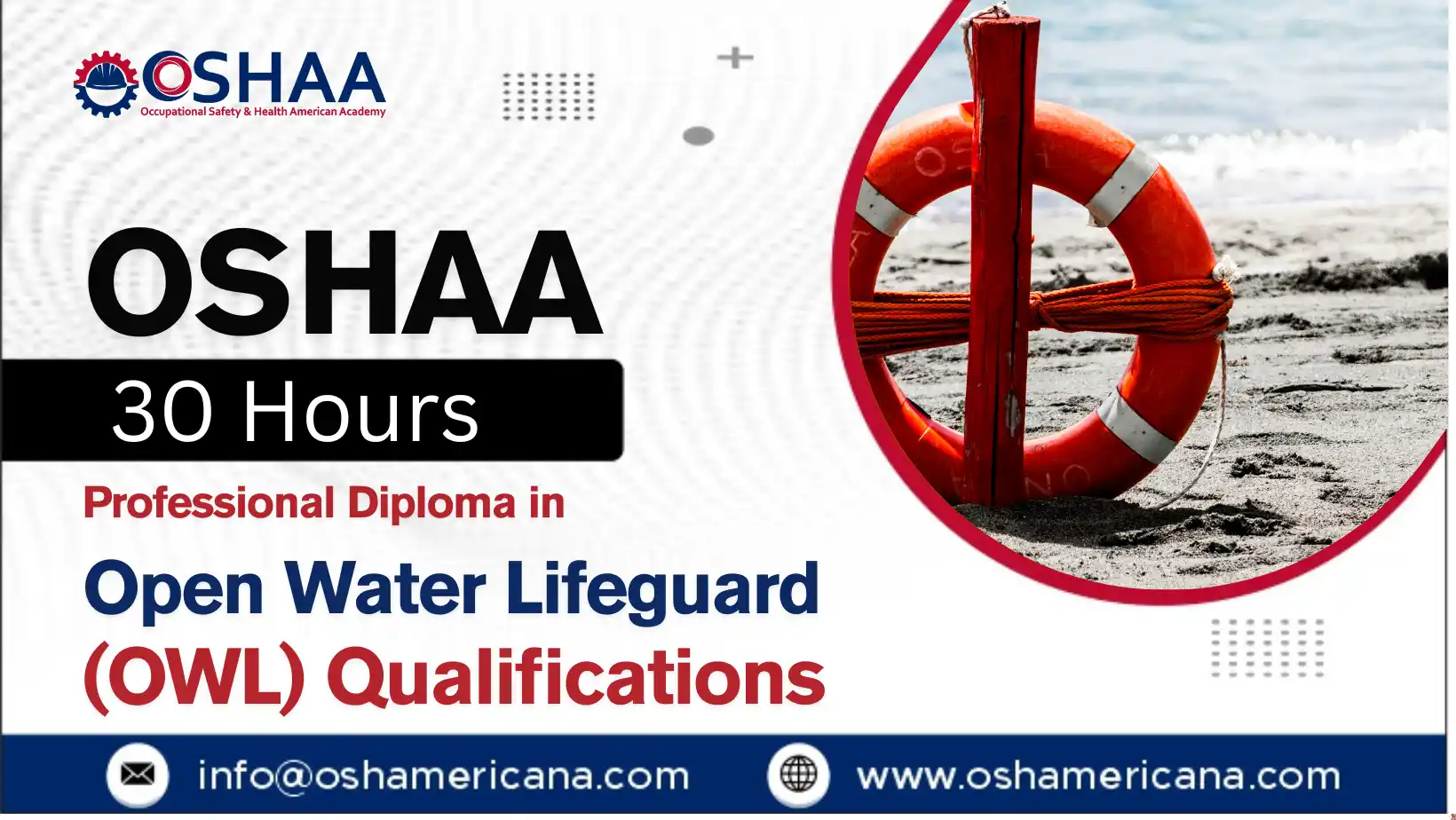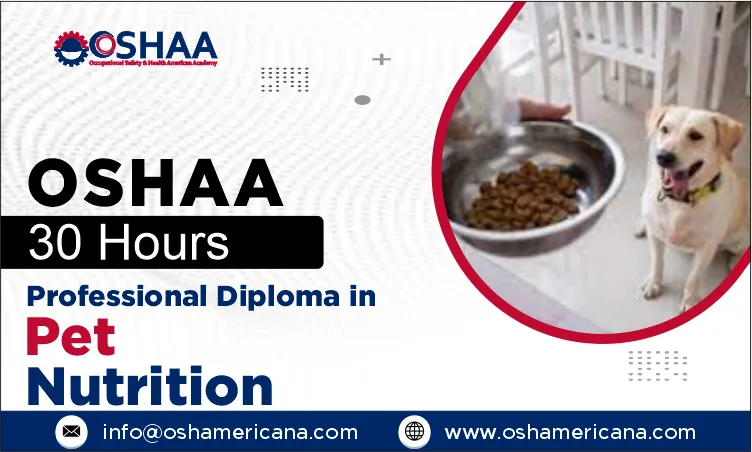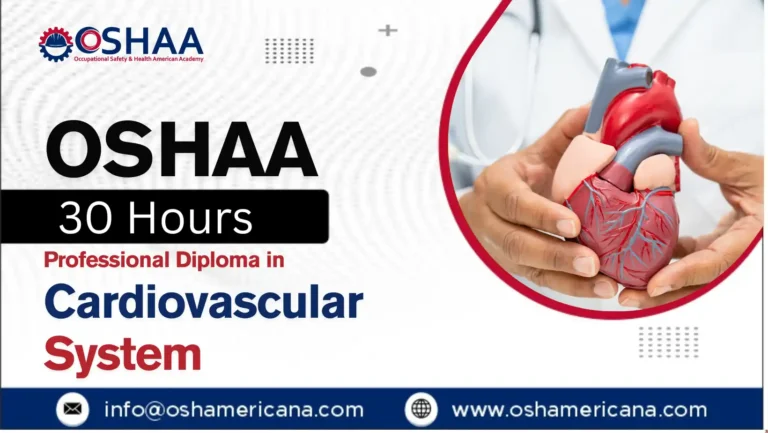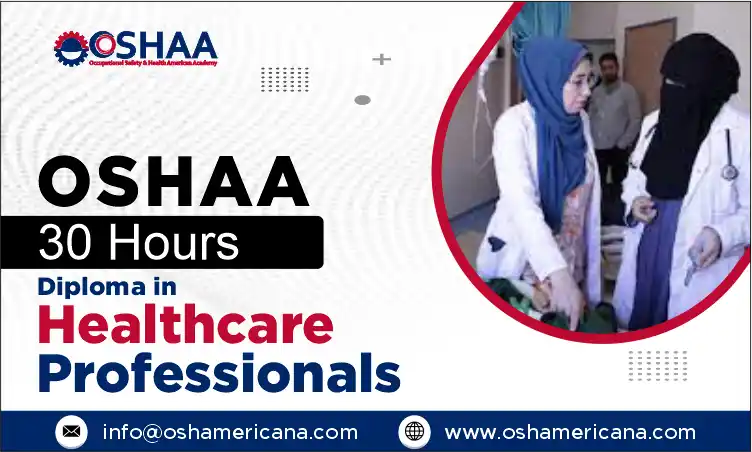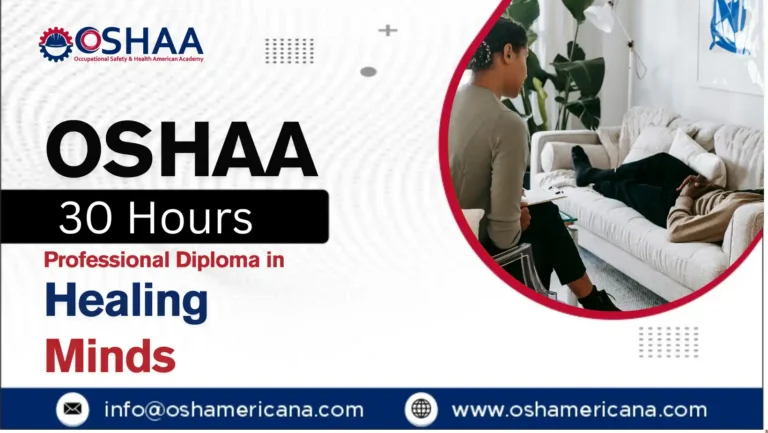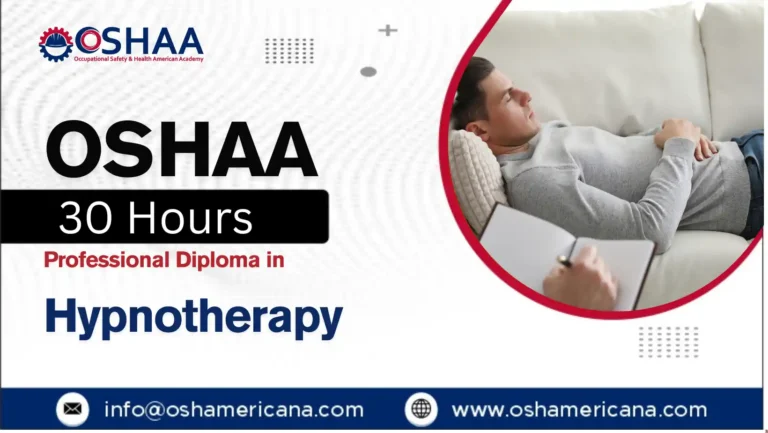The OSHAA 30-Hours Professional Diploma in Open Water Lifeguard (OWL) Qualifications is an in-depth training programme designed to equip participants with the essential knowledge, skills, and confidence to ensure safety in lakes, rivers, reservoirs, and other open-water environments. Developed in accordance with recognised safety standards, this diploma prepares participants to handle the unique challenges of lifeguarding outside controlled swimming facilities.
This qualification focuses on critical areas such as hazard identification, environmental awareness, rescue techniques, and casualty care in open-water settings. Participants learn to navigate varying water conditions, assess risks posed by currents, submerged obstacles, and weather changes, and apply effective prevention strategies to reduce incidents. The course combines theoretical learning with practical sessions, allowing participants to develop competence through realistic rescue simulations and scenario-based exercises.
Training includes advanced water rescue skills, the safe use of specialist equipment, cardiopulmonary resuscitation (CPR), and first aid tailored to open-water environments. The programme also covers essential communication and teamwork techniques to ensure coordinated responses during emergencies.
Completing the OSHAA 30-Hours Professional Diploma in Open Water Lifeguard (OWL) Qualifications enhances career opportunities in adventure centres, outdoor activity parks, water sports venues, and recreational open-water locations. Participants gain a recognised and respected qualification that demonstrates their ability to maintain safety, protect lives, and perform to professional standards in challenging environments.
With OSHAA’s commitment to delivering high-quality lifeguard training, this diploma provides participants with the expertise, readiness, and professional recognition needed to excel as open-water safety professionals. It is a valuable step toward a rewarding career in aquatic safety and rescue operations.
OSHAA 30-Hours Professional Diploma in Open Water Lifeguard (OWL) Qualifications
Study Units
Learning Outcomes
Introduction to Open Water Lifeguard Qualifications and Safety Standards (2 Hours)
- Understand the scope and objectives of the Open Water Lifeguard (OWL) qualification.
- Recognise national and international safety standards for open-water lifeguarding.
- Identify the core competencies required for effective open-water safety management.
Roles, Responsibilities, and Professional Conduct of an Open Water Lifeguard (3 Hours)
- Define the primary duties and expectations of an open-water lifeguard.
- Apply professional behaviour and ethical practices in open-water environments.
- Demonstrate awareness of accountability and discipline in safety-critical roles.
Open Water Safety Operations, Hazard Identification, and Risk Management (4 Hours)
- Conduct operational safety checks in open-water environments.
- Identify hazards such as submerged objects, strong currents, and changing depths.
- Implement risk management strategies to minimise potential incidents.
Environmental Awareness: Currents, Depth Variations, and Weather Conditions (4 Hours)
- Interpret water movement patterns, including tidal and current flows.
- Assess the impact of depth changes on swimmer safety.
- Monitor and respond to weather conditions affecting open-water safety.
Surveillance Techniques and Public Safety Management in Open Water Settings (3 Hours)
- Apply effective observation and scanning techniques across wide open-water areas.
- Detect early signs of potential incidents and hazards.
- Manage public safety through proactive supervision and engagement.
Open Water Rescue Skills and Specialist Equipment Use (4 Hours)
- Perform different open-water rescue methods suited to varying conditions.
- Operate rescue equipment such as boards, buoys, and throw lines effectively.
- Safely recover and assist casualties from challenging environments.
Cardiopulmonary Resuscitation (CPR), First Aid, and Casualty Care for Open Water Environments (5 Hours)
- Perform CPR for adults, children, and infants according to current guidelines.
- Deliver first aid for injuries and conditions common in open-water settings.
- Provide effective casualty care until advanced medical help arrives.
Emergency Response Procedures and Incident Management in Open Water Areas (3 Hours)
- Activate and follow open-water emergency action plans.
- Coordinate rescue operations during multiple-casualty or complex incidents.
- Complete accurate and detailed post-incident reports.
Communication Skills, Team Coordination, and Public Interaction (2 Hours)
- Communicate clearly and effectively during high-pressure situations.
- Work collaboratively with other lifeguards and emergency services.
- Interact with the public in a professional and reassuring manner.
Course Benefits – OSHAA 30-Hours Professional Diploma in Open Water Lifeguard (OWL) Qualifications
- Gain a recognised qualification aligned with national and international open-water safety standards.
- Develop advanced rescue skills for lakes, rivers, reservoirs, and other open-water environments.
- Enhance ability to assess environmental hazards and implement effective risk management strategies.
- Build confidence in responding to emergencies and managing incidents in challenging aquatic conditions.
- Acquire CPR, first aid, and casualty care skills specific to open-water environments.
- Learn to operate and maintain specialist rescue equipment effectively.
- Improve communication, teamwork, and leadership skills essential for open-water lifeguarding.
- Increase employability in outdoor activity centres, water sports venues, adventure parks, and open-water events.
- Strengthen professional conduct and safety awareness for high-responsibility roles.
- Achieve a qualification respected and trusted by employers in the aquatic and recreational industry.
OSHAA 30-Hours Professional Diploma in Open Water Lifeguard (OWL) Qualifications
- Participants seeking to begin a professional career as a qualified open-water lifeguard.
- Participants currently working in lakes, rivers, reservoirs, or outdoor water sports facilities who wish to upgrade their skills.
- Participants aiming to work in adventure centres, outdoor activity parks, water sports venues, or open-water events.
- Participants interested in developing advanced rescue, first aid, and emergency response abilities for open-water settings.
- Participants pursuing an internationally recognised qualification to enhance global career opportunities.
- Participants committed to ensuring safety and high professional standards in open and challenging aquatic environments.

